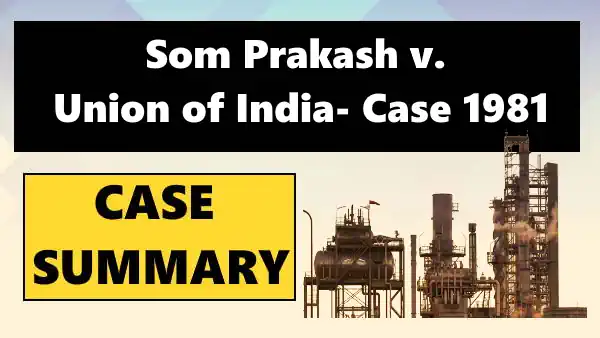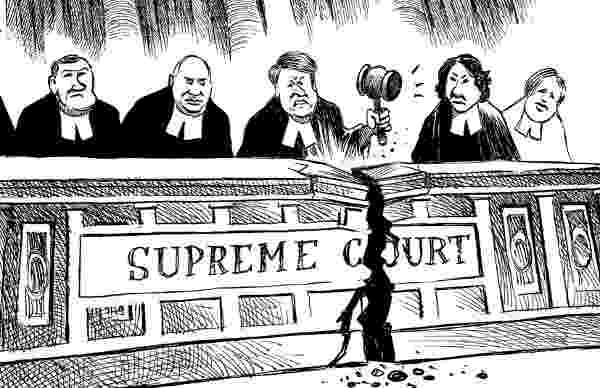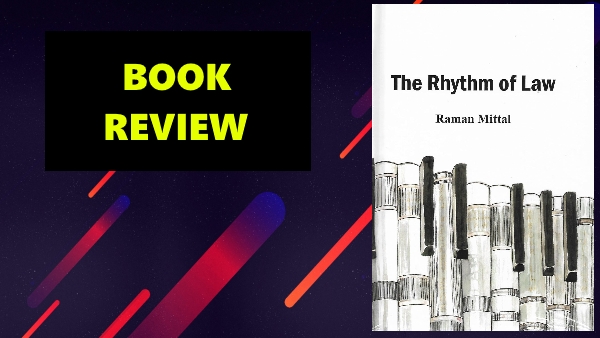Som Prakash v. Union of India is a 1981 constitutional law case before the honourable Supreme court of India concerning the applicability of Article 12 of the Indian constitution to corporations owned by the Indian government.
FACTS:
- The petitioner worked as a clerk under the Burmah Shell oil storage ltd. As he qualified to receive the pension, he applied for a voluntary retirement scheme. He retired on 1st April 1973, along with other benefits under the scheme, such as the employee provident fund (EPF) and gratuity.
- In monetary terms, it entitled him to Rs. 165.99 per month as pension and paid Rs. 86 per month as supplementary retirement benefits (ex gratia) for 13 months.
- In the meantime, the Central government took Burma Shell Oil Storage Ltd. over by enacting the Burmah Shell (Acquisition of Undertakings in India) Act, 1976. The company became a subsidiary under the existing Bharat Petroleum ltd.
- On 25th September 1975, Burmah Shell issued a letter informing the petitioner that from out of his pension of Rs. 165.99, two deductions were made, one for the EPF payment and the other for payment of gratuity. With this, the pension payable to him was shown as Rs. 40.05.
- The monthly supplementary retirement benefit of Rs. 86/- was also cut off, though it was at the discretion of the employer and is liable to be stopped.
- Aggrieved by this measure, the petitioner directly petitioned before the Supreme court under Article 32 of the Indian constitution.
ISSUES:
- Whether a company acquired by the central government is a State within the meaning of article 12?
- Is it justified in the public interest, if not legal, to deduct the petitioner’s pension in the name of giving gratuity and EPF?
CONTENTIONS:
- The main contention of the petitioner is to invalidate the deductions, in the name of EPF and gratuity, from his original pension.
- The preliminary objection from the respondents was that no writ would lie against Bharat petroleum since it is neither a government department nor a statutory corporation, but just a company.
- Respondents also contend that the pension amount is to be read integrally with the gratuity amount when dealing with social security measures and cannot be divorced from one another. Hence, it is legitimate to deduct gratuity from the actual pension sum.
RATIO DECIDENDI:
- The issue was taken up by a three-member Supreme court bench comprising Justice V.R. Krishna Iyer, Justice O. Chinarajappa, and Justice R.S. Pathak. While Justice Krishna Iyer delivered the judgment, Justice Pathak gave a dissenting opinion.
- The Apex court clarified that Article 12 of the Indian constitution when r/w Art. 298 (government to carry on trade), clearly envisions that “the State” in Art. 12 includes statutory corporations, registered societies, government companies, or other like entities created for promoting economic activities.
- The bench observed it is unjust for a public sector company to reduce an older man’s pension (petitioner) to Rs. 40/-from Rs. 250/- even if it is assumed to be legal.
- The majority opinion clarified that if there is any reduction in the pension consequent on the receipt of the same, there will be no real benefit to the employee. It is nothing, but the Management takes away by the left hand what it seems to confer by the right.
DECISION:
- The bench, though, had a dissenting opinion from Justice Pathak, however, unanimously allowed the appeal of the petitioner and agreed to provide him with the relief.
- Bharat Petroleum Corporation was held to be a “state” within the meaning of Article 12.
- State-owned companies and corporations, though they are separate legal entities in the eyes of the law, are instruments of the state in carrying on various activities (as businesses).
- These corporations are representatives of government departments, who would have otherwise carried on the same task, and hence fall under the ambit of “State” mentioned in Art. 12 of the Indian constitution.
- Gratuity and provident funds have two different roots. Payment of both should be independent of the other, and any mutual deductions in an employee’s overall social security benefits are never a complete benefit.
CONCLUSION:
- This case clearly envisages two important rulings- one in the constitutional law field and another for the social justice of employees.
- The Supreme court clarifies that social security allowances to employees after retirement must be interpreted liberally to promote maximum social justice to the working sections of society. It must prevent any bifurcations and should not mislead with tactful and confusing financial modes.
- From the constitutional law point-of-view, the court rightly points out that PSUs are the key to establishing a welfare state, the organs and integral part of the state itself, and hence also within Article 12 of the Indian Constitution.
Found Som Prakash v. Union of India case summary useful? We have a bunch of useful topics from constitutional law that will help you in your preparation here >>> CONSTITUTIONAL LAW
Check out our YouTube Channel for free legal videos >>> LAW PLANET YT





